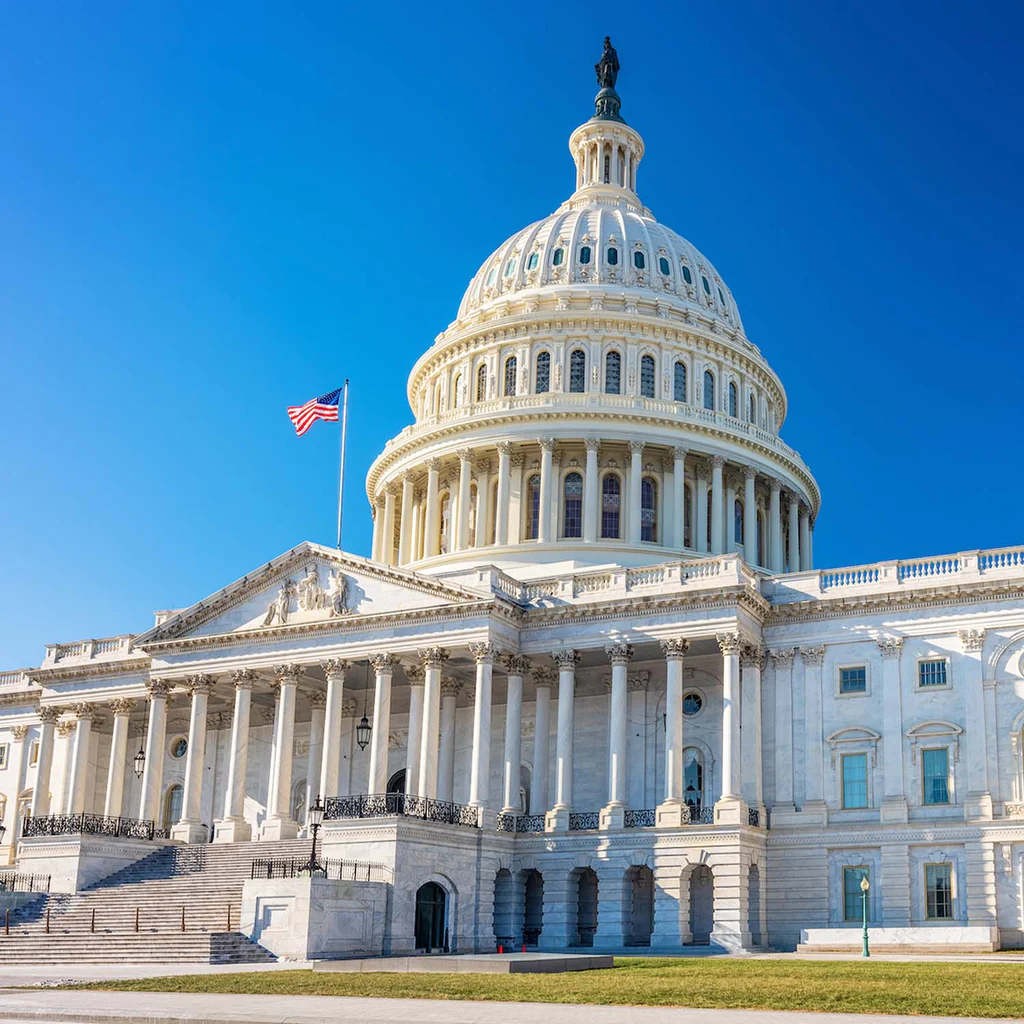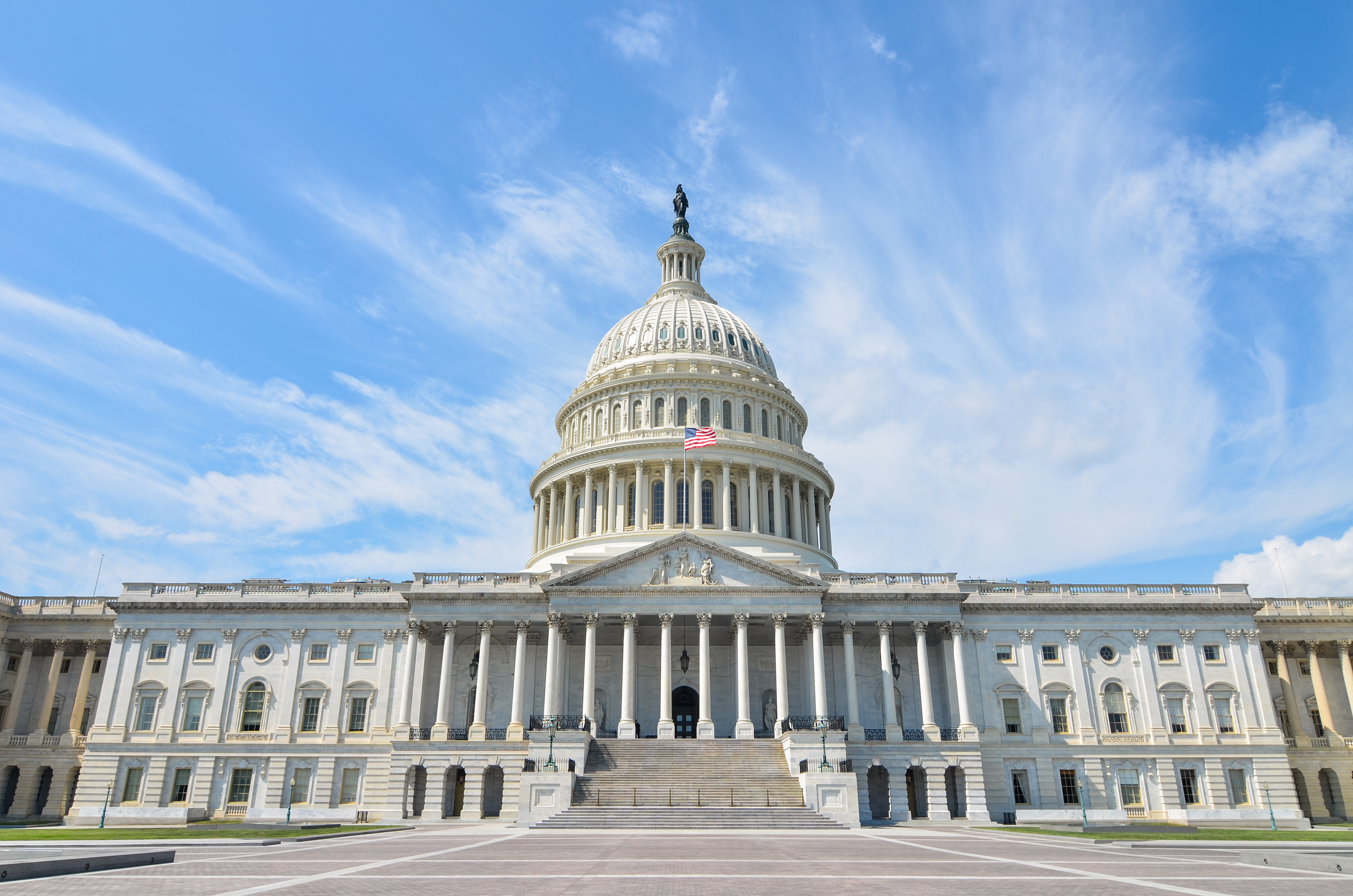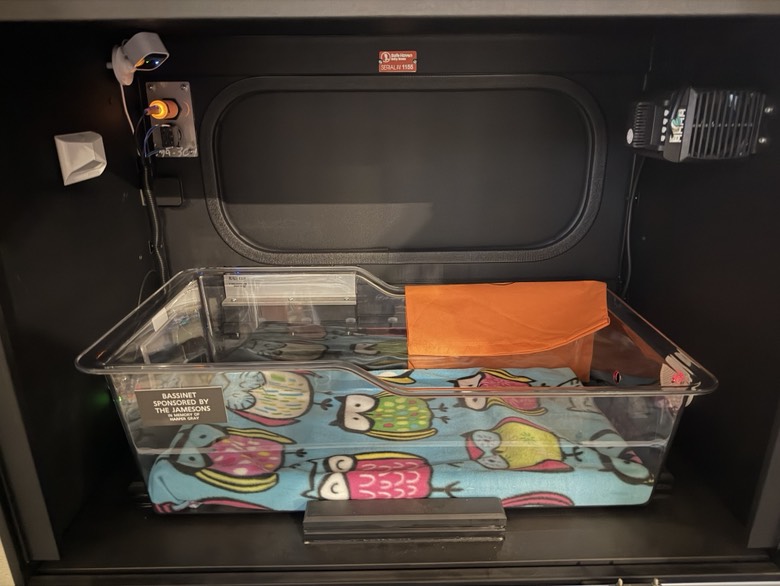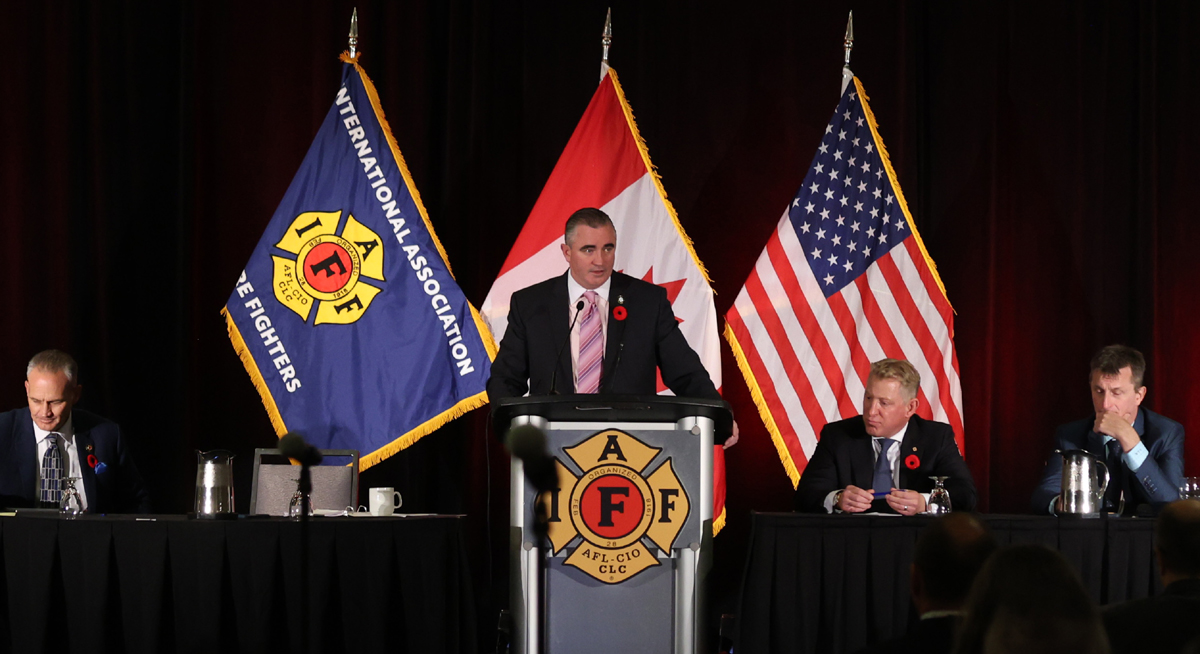The IAFF’s push for national collective bargaining continues with the Public Safety Employer-Employee Cooperation Act. The bipartisan legislation was reintroduced in the U.S. House this week by Reps. Nikki Budzinski (D-IL) and Pete Stauber (R-MN), with the Senate version being led by Sens. Maggie Hassan (D-NH) and John Hickenlooper (D-CO).
“Collective bargaining is one of fire fighters’ most basic rights and is key to ensuring a safe working environment, fair pay, and a dignified retirement,” said General President Edward Kelly. “Given the dangers fire fighters face today — from job-related cancer to dangerous staffing shortages — it is critical that they have the right to speak in a clear and collective voice.”
If passed, the bill would grant public fire fighters, emergency medical workers, and law enforcement officers the ability to form labor unions, collectively bargain for hours and wages, and provide resolution mechanisms for impasses during negotiations.
“I’m proud to be leading this bill with Congressman Stauber to ensure our first responders receive the protections they need to do their jobs effectively,” said Budzinski. “As a union member, I understand how crucial it is for workers to have a voice in their pay and working conditions. When those conditions directly impact their ability to serve and protect us, it’s even more vital.”
Stauber, a former police officer who helped organize a union in Duluth, Minnesota, underscored the importance of collective bargaining rights for those who put their lives on the line daily.
“These past couple of years have been especially difficult for our public safety officers, so it’s more important than ever before to ensure they have a voice in the workplace,” he said. “That’s why I am proud to champion legislation to strengthen the workplace rights of law enforcement officers, fire fighters, and EMS personnel.”
Hassan and Hickenlooper both highlighted the sacrifices first responders make for their communities and stressed the need to ensure they have a voice in their workplace.
“Every day, our public safety professionals answer the call to protect our communities and keep people safe,” said Hassan. “This legislation will help ensure that law enforcement officers, fire fighters, and EMS workers can join a union and negotiate for a fair salary and benefits, no matter which state they work in.”
Currently, there are no uniform labor protections for public safety employees. In 16 states, they can’t collectively bargain for safe working conditions. In five states, they are unable to unionize altogether.
“Police officers, fire fighters, and EMS workers put their lives at risk to save others. Just like all workers, they deserve fair wages and safe working conditions. Collective bargaining will help them to continue to serve our communities,” said Hickenlooper.
While the IAFF continues pursuing national collective bargaining legislation, it is also working at the local and state levels to protect the essential rights of fire fighters and emergency medical workers.



